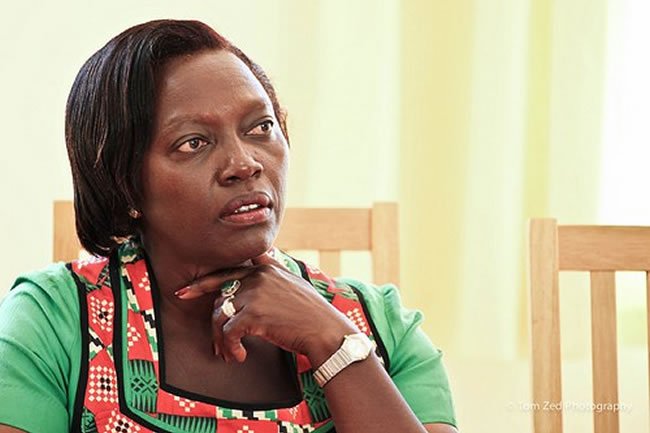Kenyan Literary Giant Ngũgĩ wa Thiong’o Passes Away at 87
Renowned author, scholar, and activist Ngũgĩ wa Thiong’o has died at the age of 87, his family announced on the evening of Wednesday, May 28, 2025.
“It is with a heavy heart that we announce the passing of our dad, Ngũgĩ wa Thiong’o,” his daughter Wanjiku wa Ngũgĩ shared in a heartfelt Facebook post. “He lived a full life, fought a good fight.” Honoring his final wish, she added in Gikuyu, “Rîa ratha na rîa thŭa. Tŭrî aira!”—loosely translated as “With joy and sorrow. We are proud.”
Further details regarding funeral arrangements and public commemorations will be announced in the coming days, with his son Nducu wa Ngũgĩ set to serve as the family’s official spokesperson.
A Literary Legacy Beyond Borders
Born in 1937 in Kamiriithu, Limuru, Ngũgĩ wa Thiong’o emerged as one of the most powerful voices in African literature. His work vividly chronicled Kenya’s colonial and postcolonial journey, blending storytelling with fierce political commentary. Seminal novels such as Weep Not, Child, A Grain of Wheat, Petals of Blood, and Devil on the Cross positioned him as a fearless chronicler of injustice and resistance.
He was not only a writer but a revolutionary thinker who challenged the dominance of colonial languages, choosing instead to write in Gikuyu—his mother tongue. His shift from English to Gikuyu marked a critical cultural stance, especially after his 1977 play Ngaahika Ndeenda (I Will Marry When I Want)—performed in Gikuyu—led to his detention without trial by President Moi’s regime.
That imprisonment became a pivotal moment in his life and work. He went on to translate many of his writings himself and became a leading voice in global discussions on language, identity, and decolonization.
Exile, Activism, and Influence
Ngũgĩ spent decades in exile, during which he taught at elite institutions including Yale University and the University of California, Irvine. Despite being far from home, he remained a vocal critic of corruption, dictatorship, and neocolonialism in Kenya and Africa at large.
He also mentored countless writers and spearheaded initiatives to uplift African literature—his influence touching every corner of the globe.
A World in Mourning
Tributes from admirers, scholars, and fellow writers have poured in across social media, especially on X (formerly Twitter).
-
@LitLoverKE: “Ngũgĩ wa Thiong’o taught us to write our stories in our tongues. His courage against oppression shaped African lit forever. Rest in power, mwalimu.”
-
@GlobalReader23: “From Weep Not, Child to Wizard of the Crow, Ngũgĩ’s words challenged empires. Heartbroken but inspired. #NgugiLegacy”
-
@JusticeNowKE: “He exposed neocolonial rot and gave us pride in Gikuyu. Ngũgĩ’s fight lives on in us. #AfricanLiterature”
-
@BookFanatic254: “His exile never dimmed his love for Kenya. Ngũgĩ’s novels are our history, our mirror. We’ll celebrate him always.”
His children—many of them writers, artists, and intellectuals in their own right—are widely seen as torchbearers of his vision.
“His kids like Wanjiku and Nducu embody his spirit—storytellers and truth-seekers,” noted @FamilyTalesKE. “What a lineage! #NgugiLives”
His 1986 nonfiction work, Decolonising the Mind, continues to serve as a foundational text in postcolonial studies, with educators and students around the world citing its lasting influence.
“Ngũgĩ’s call to decolonise our minds reshaped how I teach,” wrote @ScholarMuthoni. “His loss hurts, but his words endure.”
A Life to Be Celebrated
As fans mourn, they also embrace Ngũgĩ’s wish for his life and work to be celebrated. Literary festivals, academic institutions, and grassroots communities are expected to hold readings, forums, and tributes in Kenya and internationally.
@NairobiLitFest teased one such event, posting: “We’re planning a Gikuyu reading of Petals of Blood to honour Ngũgĩ. Stay tuned! #CelebrateNgugi.”
Ngũgĩ wa Thiong’o’s passing marks the end of a monumental literary chapter—but his legacy, inked in courage and truth, lives on in every word he wrote and every mind he moved.









